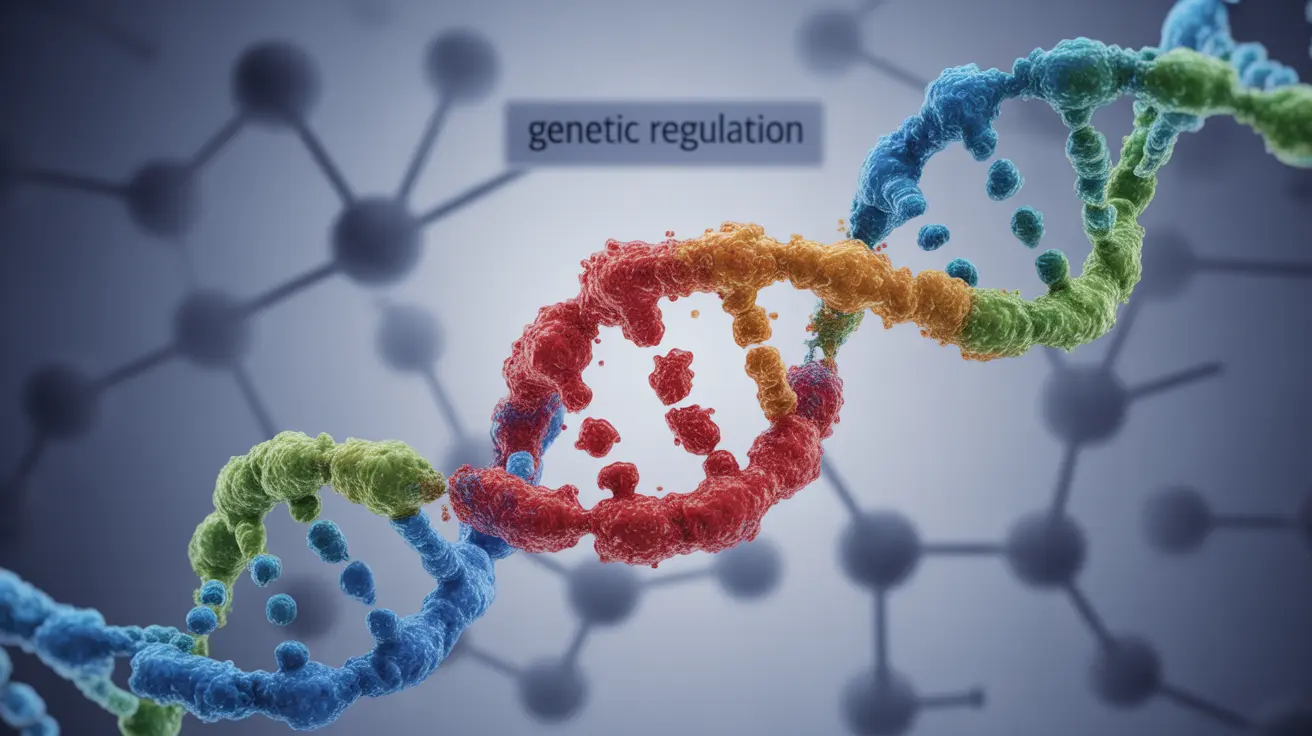Understanding the genetic components of hypoglycemia is crucial for both healthcare providers and families affected by persistent low blood sugar conditions. While many cases of hypoglycemia are related to diabetes treatment or other temporary factors, some individuals experience this condition due to inherited genetic mutations that affect how their bodies regulate blood sugar levels.
In this comprehensive guide, we'll explore the genetic foundations of hypoglycemia, particularly focusing on inherited conditions that can affect newborns, children, and adults. We'll also discuss important warning signs, diagnostic approaches, and available treatments for genetic forms of hypoglycemia.
Understanding Genetic Hypoglycemia
Genetic hypoglycemia occurs when inherited DNA mutations affect the body's ability to maintain normal blood sugar levels. These mutations can impact various aspects of glucose regulation, including insulin production, hormone balance, and metabolic processes.
Several different genes can be involved in inherited hypoglycemia, and the condition may be passed down through families in different patterns, including autosomal dominant, autosomal recessive, or X-linked inheritance.
Common Genetic Causes of Hypoglycemia
Congenital Hyperinsulinism
This condition represents the most frequent cause of persistent hypoglycemia in infants and young children. It occurs when genetic mutations cause the pancreas to release excessive amounts of insulin, leading to dangerously low blood sugar levels.
Glycogen Storage Diseases
These inherited disorders affect how the body stores and breaks down glycogen, the storage form of glucose. Several types exist, each caused by different genetic mutations affecting specific enzymes in the glycogen metabolism pathway.
Fatty Acid Oxidation Disorders
These genetic conditions prevent the body from properly converting fat to energy, which can lead to hypoglycemia during periods of fasting or illness. They are typically inherited in an autosomal recessive pattern.
Diagnosis and Testing
Diagnosing genetic causes of hypoglycemia typically involves several steps:
- Comprehensive blood tests during hypoglycemic episodes
- Genetic testing to identify specific mutations
- Family history evaluation
- Imaging studies of the pancreas when necessary
- Specialized metabolic testing
Treatment Approaches
Treatment for genetic hypoglycemia varies depending on the specific condition and its severity. Common approaches include:
- Frequent feeding schedules
- Special diets tailored to the specific genetic condition
- Medication to manage insulin levels
- Surgery in some cases of congenital hyperinsulinism
- Continuous glucose monitoring systems
Frequently Asked Questions
Is hypoglycemia caused by genetic mutations or inherited conditions?
Yes, certain forms of hypoglycemia can be caused by genetic mutations and inherited conditions. These mutations can affect various aspects of blood sugar regulation, including insulin production, hormone balance, and metabolism of glucose and glycogen.
What genetic disorders are known to cause persistent hypoglycemia in infants and children?
Several genetic disorders can cause persistent hypoglycemia in young patients, including congenital hyperinsulinism, glycogen storage diseases, fatty acid oxidation disorders, and various hormonal deficiencies caused by genetic mutations.
How is congenital hyperinsulinism diagnosed and treated to prevent brain damage?
Congenital hyperinsulinism is diagnosed through genetic testing, specialized blood work, and imaging studies. Treatment options include frequent feeding, medication to control insulin production, and in some cases, partial or complete removal of the pancreas to prevent dangerous low blood sugar episodes.
Can hypoglycemia without diabetes be inherited from parents?
Yes, non-diabetic hypoglycemia can be inherited from parents through various genetic mutations. The inheritance pattern depends on the specific genetic condition and can be dominant, recessive, or X-linked.
What symptoms should parents watch for that indicate a genetic cause of low blood sugar in newborns?
Key warning signs include persistent low blood sugar despite feeding, seizures, lethargy, poor feeding, irregular breathing patterns, and unusual muscle tone. These symptoms, particularly when recurring or severe, should prompt immediate medical evaluation for potential genetic causes.




